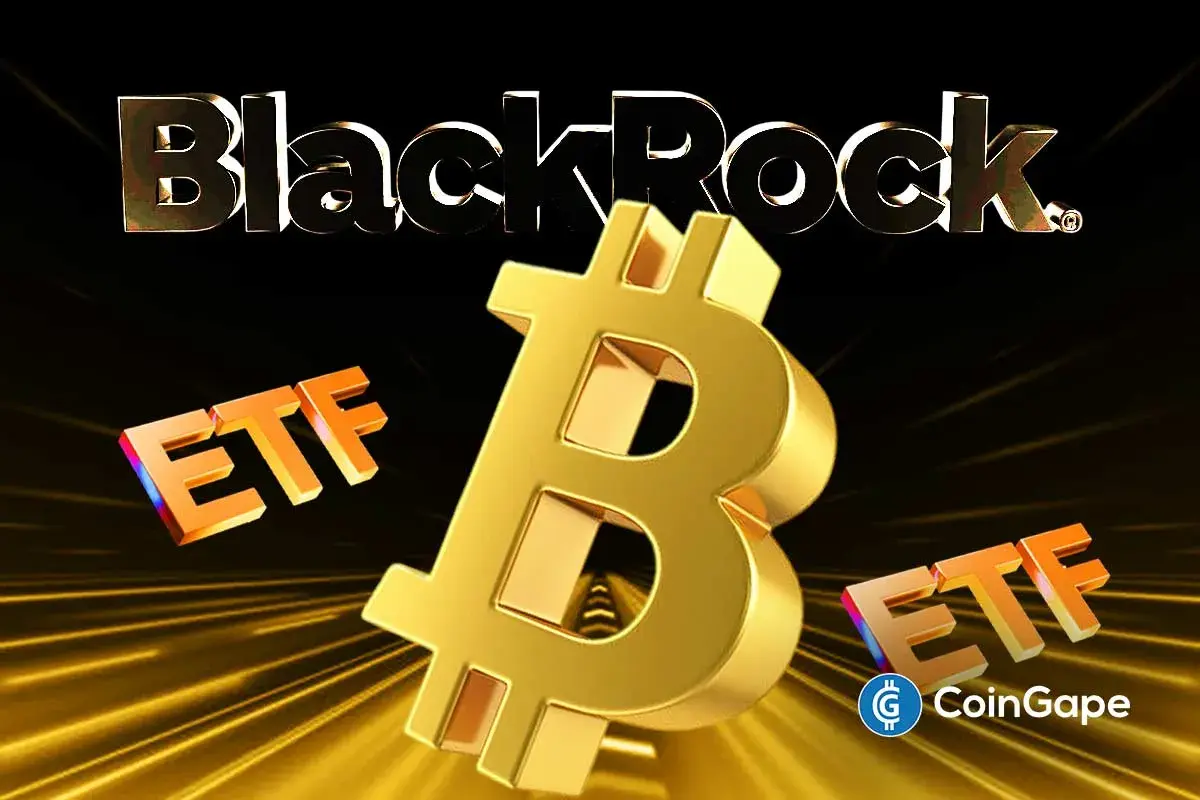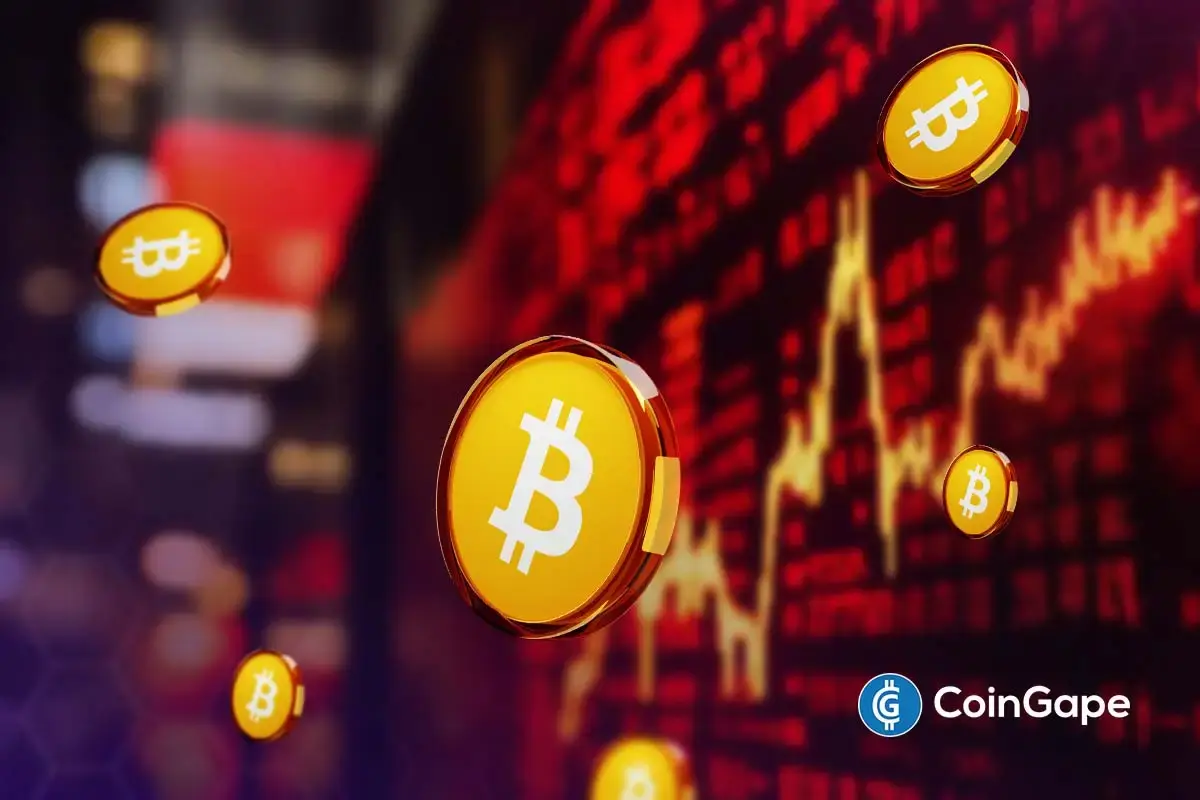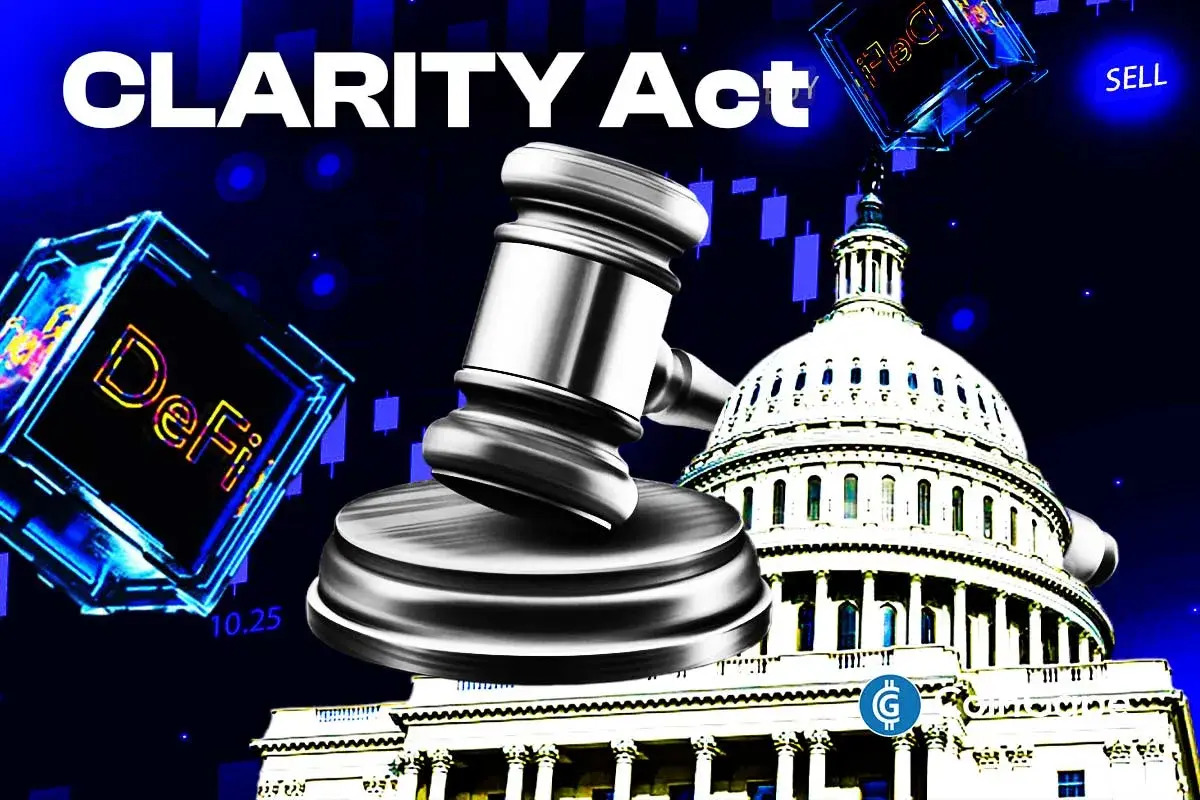Hyperliquid Labs Denies DPRK Hack, Confirms Funds Are Safe

Highlights
- Hyperliquid denies DPRK hack; confirms all funds secure after $194M USDC withdrawal scare.
- HYPE token rebounds to $27 following Hyperliquid's security assurance against alleged exploits.
- Security experts cite risk in Hyperliquid's four-validator system amid $2.3B on Arbitrum One.
Hyperliquid Labs, a decentralized perpetual futures trading platform, has strongly denied allegations of being exploited by wallets linked to North Korean hackers.
The company has assured its users that no vulnerabilities have been found and all funds remain secure, following widespread concerns about suspicious trading activity.
Reports of DPRK-Linked Wallets Spark Security Concerns
Concerns emerged after Taylor Monahan, a security expert, claimed that wallets flagged as being associated with North Korean hackers had engaged in trading on Hyperliquid’s platform.
These wallets reportedly conducted transactions involving Ethereum (ETH), leading to liquidations totaling over $700,000.
Monahan, in a statement on social media, suggested the activity could have been an attempt to probe the platform’s defenses. The activity triggered fears among users, leading to significant withdrawals of USDC from the platform. According to data from Hashed’s Dune Analytics dashboard, over $194 million in USDC was withdrawn on Monday alone.
Hyperliquid Refutes Exploit Claims
After the allegations, Hyperliquid Labs has come forward to address the issue via its Discord channel, claiming that there was no hack or exploit. ‘Hyperliquid Labs has noted the rumors circulating with regard to activity on behalf of DPRK addresses.’
To the best of the authors’ knowledge, there has been no DPRK exploit – or any exploit for that matter – of Hyperliquid. All customer funds are accounted for,” the company said.
The team also emphasized the operational security that it uphold by using strong bug bounty program and compliance with industry standard in blockchain analysis. According to Hyperliquid Labs, there has been no disclosure of any vulnerability by any security researcher or third party.
HYPE Token Volatility Stabilizes
The accusations and the subsequent market concerns resulted in the drop of Hyperliquid’s native currency, HYPE. The token fell by more than 25% from $34 on Sunday to $25 on Monday.
Nevertheless, as Hyperliquid Labs provided guarantees that user funds are safe, the price of HYPE stabilized, and at the time of writing, it was $27, as seen on DexScreener.
Despite being one of the leading providers of on-chain perpetual futures trading where it holds more than 55% of the market, Hyperliquid remains a dominant force in the DeFi space. However, regardless of the recent fluctuation in the platform’s market standing, the market position seems to have been able to win back investors.
Security Risks of Validator Infrastructure
Despite Hyperliquid dismissing the claim that there is an exploit, the platform is said to be at risk because it has only a few validators. Several crypto security experts pointed out that Hyperliquid has only four validators, which could be a problem if three of them were compromised.
A crypto developer, Cygaar, explained that Hyperliquid’s bridge on Arbitrum One currently holds $2.3 billion in USDC. Since the platform operates on a two-thirds quorum requirement, compromising three validators could allow malicious actors to access the entire amount.
To address such scenarios, experts have suggested that Circle, the issuer of USDC, could blacklist hacker-linked addresses to prevent the stolen funds from being moved or converted. Additionally, the Arbitrum multi-signature security council could roll back malicious transactions in the event of an attack. However, this option remains controversial due to concerns about centralization.
Play 10,000+ Casino Games at BC Game with Ease
- Instant Deposits And Withdrawals
- Crypto Casino And Sports Betting
- Exclusive Bonuses And Rewards

- Hong Kong Moves Closer to Crypto Tax Cuts Amid Stablecoin Regulatory Framework
- Popular Analyst Willy Woo Predicts Major Bitcoin Price Crash, Bear Market Bottom Timeline
- Vitalik Buterin Maps Out Quantum Risks as Ethereum Foundation Unveils ‘Strawmap’
- BlackRock Adds $289M in BTC as Bitcoin ETFs Log 2-Week High Inflows Of $500M
- Glassnode Signals Bitcoin Still Faces Downside Risk Amid Massive Sell Pressure at $70K
- Top 2 Price Predictions Ethereum and Solana Ahead of March 1 Clarity Act Stablecoin Deadline
- Pi Network Price Prediction Ahead of Protocol Upgrades Deadline on March 1
- XRP Price Outlook As Jane Street Lawsuit Sparks Shift in Morning Sell-Off Trend
- Dogecoin, Cardano, and Chainlink Price Prediction As Crypto Market Rebounds
- Will Solana Price Rally to $100 If Bitcoin Reclaims $72K?
- XRP Price Eye $2 Rebound as On-Chain Data Signals Massive Whale Accumulation

 Buy $GGs
Buy $GGs

















